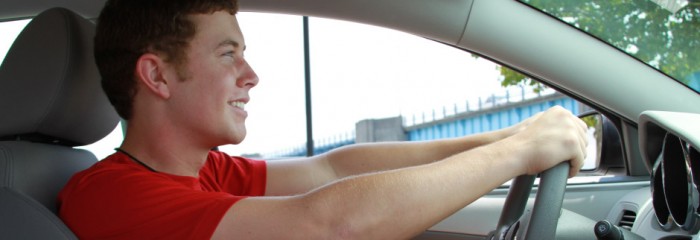The New York Times came out with a complete and extensive report about the problems that teenagers with ADHD have to deal with as they try to obtain their driving license. The New York Times mentioned a 2007 study which revealed a disturbing statistic – teenagers with ADHD who drive have the tendency to be involved in a vehicular accident, two to four times more than those teenagers who drive but did not have ADHD.
The report published by New York Times notes the challenges experienced by teens with ADHD who drive:
- ADHD-afflicted teenagers can be good drivers, but their condition should find them better off if they just remain the passenger and not the driver. If their conditions improve, they can try driving but they should do it when they are much older and more in control of their symptoms.
- One of the foremost reasons for car crashes is the driver’s apparent lack of concentration or focus in driving. Inattention is a major symptom of ADHD and teens with the disorder are more prone to accidents because of this. This was confirmed by Bruce Simons-Morton, a senior investigator of the National Institute for Child Health and Human Development, in Bethesda, Md. stating that this major symptom of inattention is essentially the biggest challenge of ADHD-afflicted teenagers who desire of being able to drive a car.
According to Dr Simons-Morton, most of the car crashes that occur are caused by a driver that loses his attention on the road even for a quick two seconds. This increased the risk of car accidents two times more than with drivers who don’t have ADHD.
Dr Simons-Morton also explained that drivers who have not enough driving experience are easily distracted and as such can easily take their eyes off the road. This finding was made on the basis of a study conducted on a closed course showing that even if the teenagers are in fact better in texting or using their mobile phones while driving, they tend to bypass or ignore street signs because of the attention they give to texting or calling.
This is made worse by the unnecessary noise produced in cars through mobile phones, bluetooth devices, iPods or smart phones. This is the analysis made by Lissa Robins Kapust – a coordinator and social worker of Beth Israel Deaconess Medical Center’s driving program in Boston.
Dr Russel A. Barkley of the Medical University of South Carolina explained that another ADHD symptom – impulsiveness is linked to risk-taking of ADHD people at extremely high levels, aside from inattention. In addition, Dr Barkley noted that such bad combinations can easily spell out disaster for teenagers afflicted with ADHD who go behind the wheel despite the dangers. This is because ADHD-teenagers who drive tend to be overconfident about their driving capabilities and skills.
Being behind a wheel is not a simple process as it requires a great deal of attention, patience and focus. Unfortunately, these qualities are not possessed by teenagers with ADHD. And for this reason, parents are encouraged by researchers not to allow their ADHD-afflicted teenage children from even attempting to drive a vehicle. If their driving skills and abilities are not at all affected by their ADHD symptoms, it is necessary that they wait and subject themselves to testing to find out if they are ready and physically prepared for driving.
Another study from the University of California also came out with the online report published on the Journal of Psychiatric Research revealing that teenagers with ADHD are not likely to complete and finish high school. In the same study which was led by Dr Joshua Breslau, it was revealed that almost a third of ADHD students drop out of school and are left behind by their peers. The dropout rate of 15 percent on the national high school level is one of the findings in this study. According to Dr Breslau, he said that all types of ADHD are linked to the high dropout rate.
The parents of teenagers with ADHD are again encouraged to foster a communication and coordination between the pediatrician or the primary healthcare provider for children and the child’s teacher in order to check and monitor the academic performance of the child and his or her medical health. Dr Breslau knows that there is a need to integrate education with school health.
http://shine.yahoo.com/parenting/teens-adhd-safe-behind-wheel-133000872.html
http://www.parents.com/blogs/parents-news-now/2012/03/27/safety/adhd-teens-face-driving-challenges/
http://thechart.blogs.cnn.com/2010/07/28/adhd-teens-more-likely-to-drop-out/

